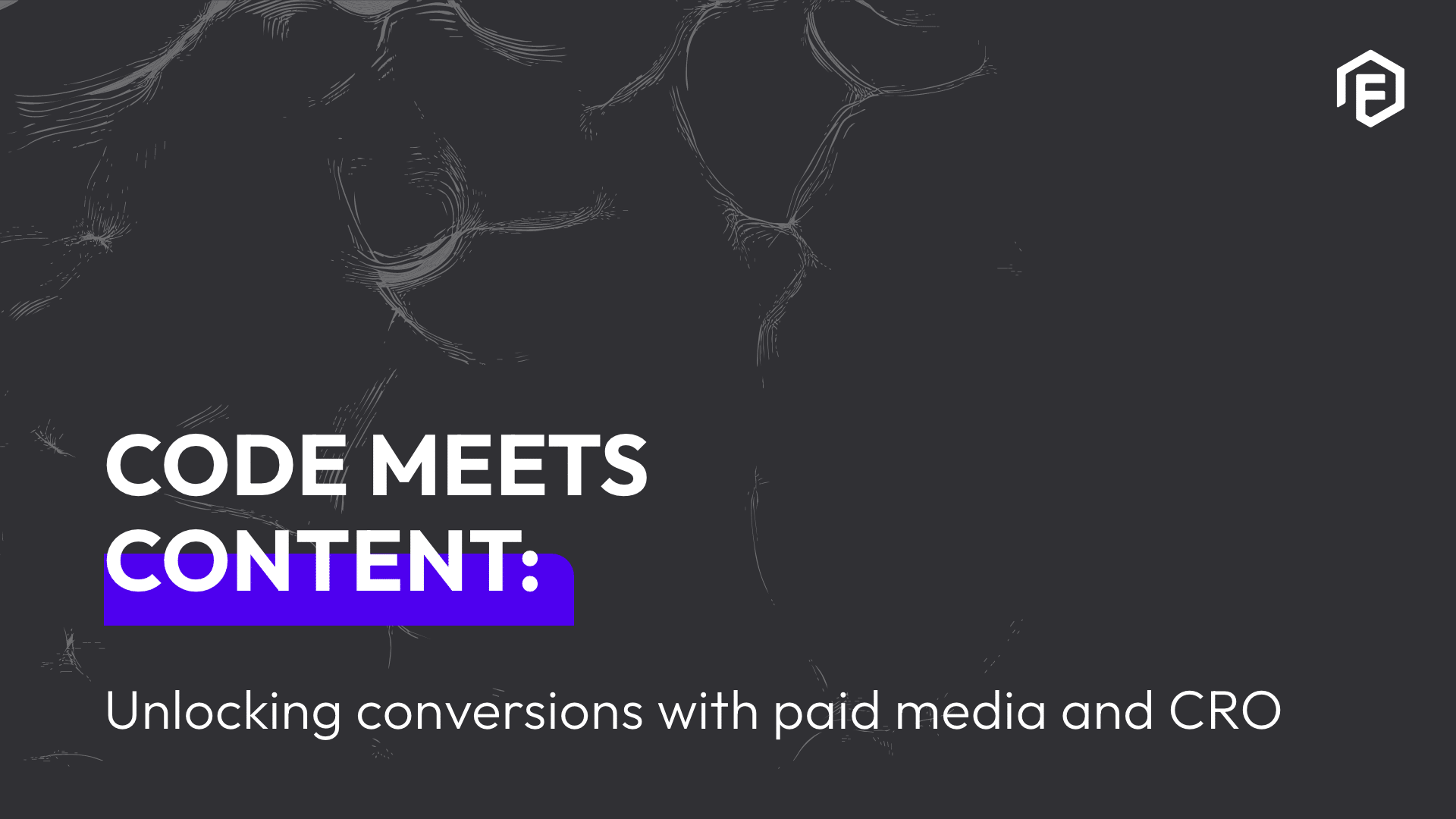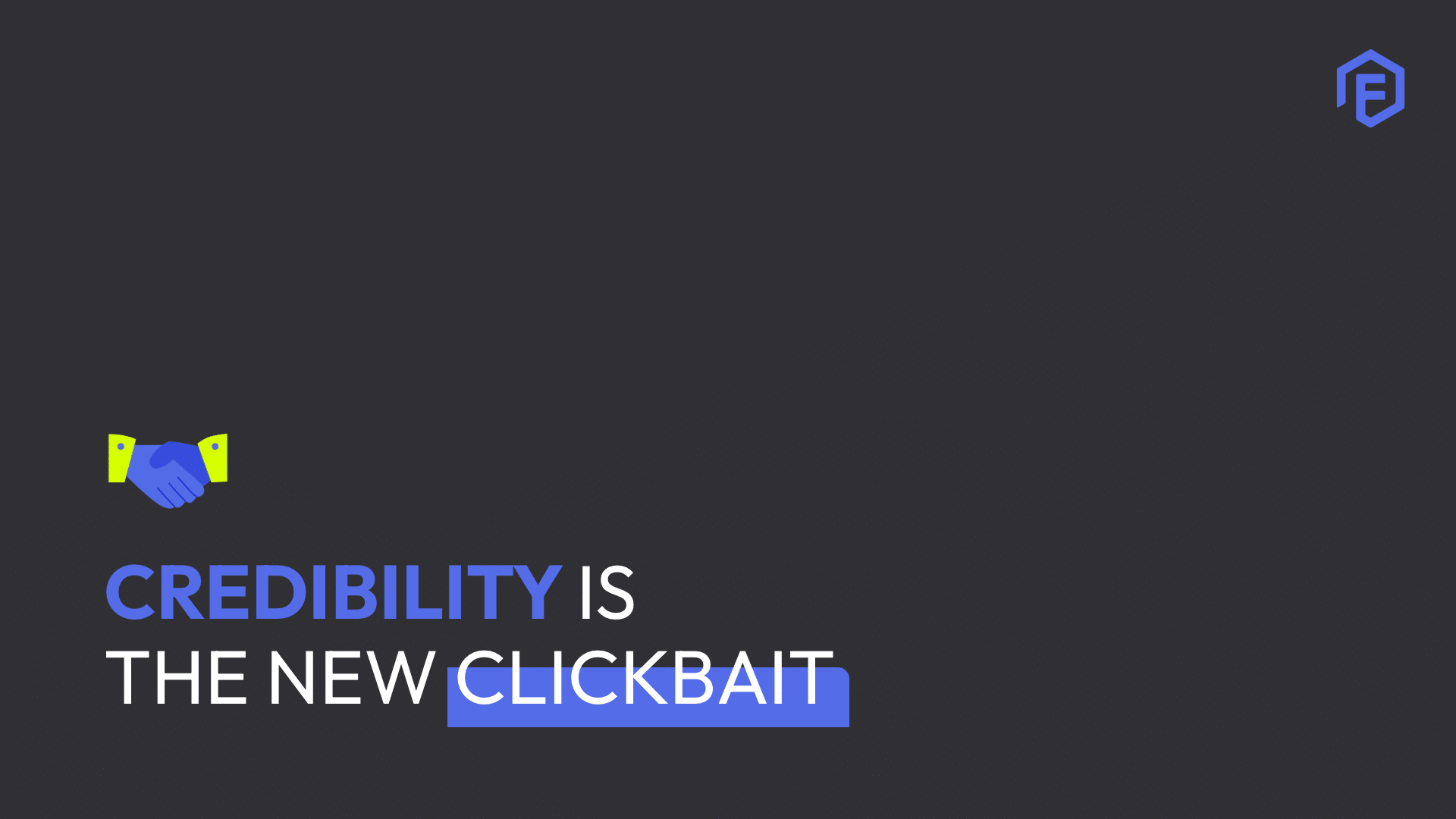With the advent of the 2016 elections, it is always interesting to reflect back on how people reacted pre, during and post elections.
In years gone by, banter between family and friends was probably the only way to convey personal thoughts about a certain party, or its candidates. But since social media has graced us with its presence, people of all walks of life are sharing their sentiment, whether positive or negative, for the whole world to see.
Everyone’s doing it.
It’s not just the public that is sharing its views on social platforms, but political candidates and parties alike. Barack Obama’s 2008 electoral social media campaign was the first of many campaigns of this nature. Campaigns used to just consist of a TV ad, radio PSA, street pole ads, and perhaps a few flyers here and there. Now the internet is abuzz with candidate and party messages, making it very hard to ignore any particular party.
But how exactly does social media affect the elections? Does it even have an impact?
According to ROi Media, the following social media results were recorded during the week of the elections:
- The EFF and its leader Julius Malema dominated 10, 92% of social media conversations
- Jacob Zuma and the ANC had only 3,84% of the social media conversations
- The DA and Mmusi Maimane claimed only 2,13% of the social media discussions
The sentiment of these conversations varied between positive and negative. Htxt.africa reported that there was positive sentiment surrounding the DA and the EFF and Nelson Mandela Bay, as each party reported expectations of job creation, which was one of many topics discussed on social media about the elections.
Trending topics/hashtags over the period included:
#NelsonMandelaBay #MediaFreedom #Unemployment
Trending topics definitely have an impact on voters’ decisions. Gauging by the sentiment and attitudes of the conversations that happened online, it is pretty easy to tell where the voters’ minds and decisions are sitting. Debates around the parties and discussions about the positives and negatives of them certainly give the voters something to think about, and some people have confirmed that their voting decision was left until the last day before they decided who they wanted in power.
So, what did people discuss on social media?
In true South African style, we used social media to convey humour. Because that’s what we do when we’re faced with serious situations, we turn them into laughable topics.
South Africans took to social media to share the results and to stay updated with the voting process and results.
Social media was used to make South Africans feel more involved and part of a bigger community.
They used social media to spread a larger message.
But most of all, South Africans used online platforms to share their opinions and views.
A Meltwater report indicated the following number of mentions for the three most popular parties during the elections:
ANC = 11 243.
DA = 6 274.
EFF = 2 674.
An in-depth study would need to be done to determine the exact sentiment of these mentions, but whatever the outcome, it is always important to know that once something has been posted on social media, it is there forever, and can be shared over and over again.
Candidates making use of social media during an election period, must ensure that their campaigns are thorough, that their comments are well thought out, and that they project an image they would like the public to admire. And to listen to their audiences, any positive (or negative) feedback must be taken into account, and deliberate steps must be taken to keep appearances as clean as possible.
The internet exposes your secrets, forever.



